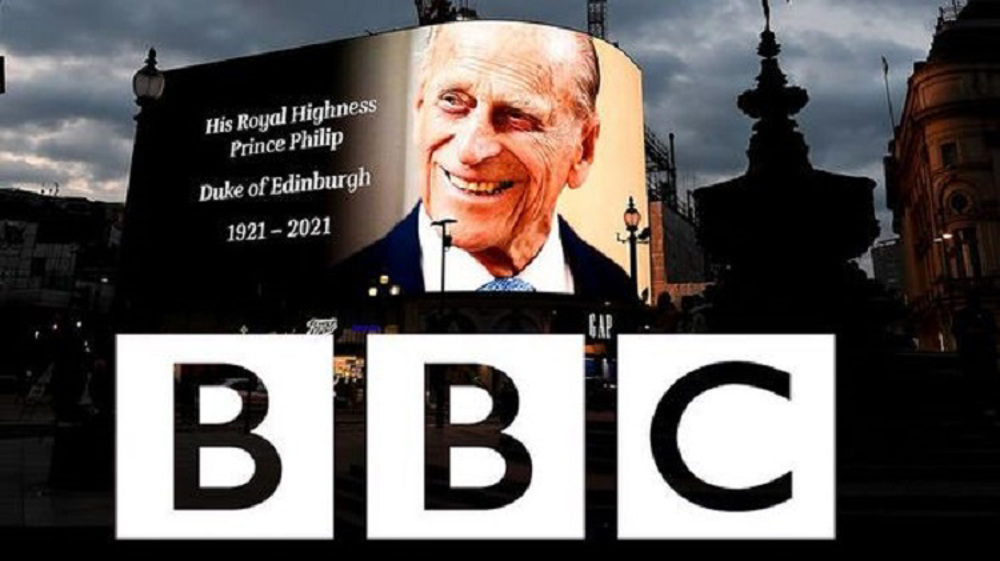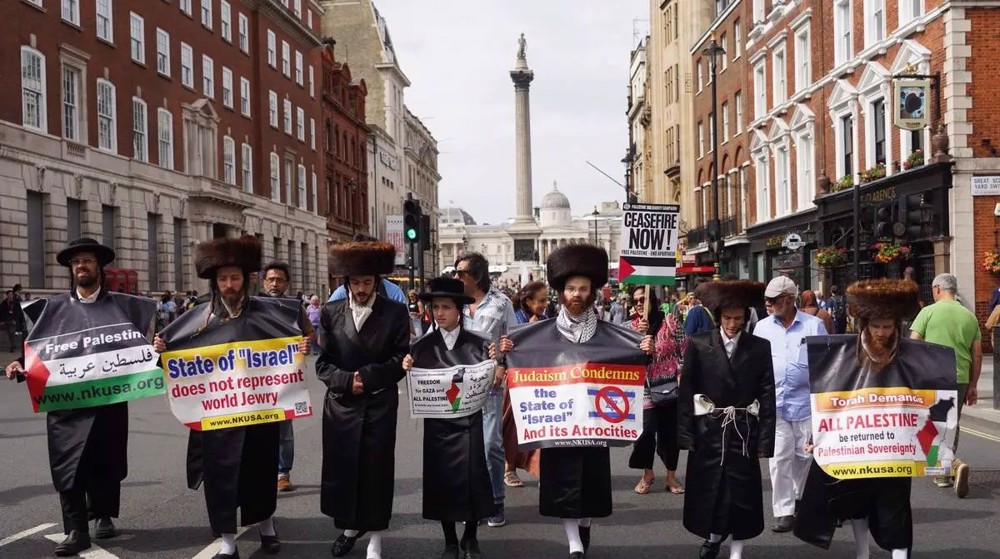Prince Andrew makes comeback as BBC comes under fire for saturated Prince Philip coverage
The death of Prince Philip continues to dominate the news in the UK, as both the state broadcaster (BBC) and commercial networks dedicate nearly all their airtime to the event.
In the latest development the disgraced Prince Andrew has tried to use his father’s demise to facilitate his rehabilitation in British public life.
Speaking to the state broadcaster (BBC) on Sunday (April 11), the Duke of York described Philip’s death as a “terrible loss”, before adding the royal family is “rallying around”.
“We’ve lost the grandfather of the nation”, Andrew proclaimed as he left a service at Windsor.
Prince Andrew fell from grace after the full extent of his involvement with the convicted pedophile Jeffrey Epstein came to light.
Despite a Federal Bureau of Investigation (FBI) request for the disgraced prince to cooperate with the US agency over the Epstein affair, as well as the activities of Ghislaine Maxwell, Andrew has so far failed to do so.
An opportunity for the royal family?
The death of Prince Philip has incentivized senior figures in the British establishment to mobilize and call for reconciliation within the embattled royal family.
Tensions and divisions in the royal family have been high since the revelations of Prince Harry and his wife, Meghan Markle, following their abandonment of official duties.
Former Tory Prime Minister, John Major, led the way in this effort by telling the BBC the royal family’s “shared grief” was an “ideal opportunity” to mend rifts.
Major’s words were echoed by another establishment giant, the Archbishop of Canterbury, Justin Welby, who paid effusive tribute to Prince Philip at a special service at Canterbury Cathedral.
According to the Archbishop of Canterbury, Prince Philip had shown “a remarkable willingness to take the hand he was dealt in life and straightforwardly to follow its call, to search its meaning, to go out and on as sent to inquire and think, to trust and pray”.
BBC under fire
The state broadcaster is under fire from the British public for bringing to a crashing halt all its scheduled programs so as to dedicate maximum airtime to Philip’s demise.
The scale of public uproar has forced the BBC to put a dedicated form on its website to allow viewers to complain about the amount and content of the coverage on Philip’s death.
More broadly, the death of Prince Philip has depicted the British state broadcaster in a bad light for two reasons.
Foremost, it has blown away any pretensions of objectivity and impartiality – not to mention a sense of balance and proportion - as demonstrated by the BBC’s over the top coverage.
Furthermore, the BBC appears to have lost sight of the fact that Prince Philip was regarded as a deeply controversial character, not just because of his chequered past, but much more importantly due to his consistently racist and insensitive language.
In one of the more notorious incidents, Philip reportedly described Beijing as “ghastly” while on a state visit to China in 1986.
On the same trip he reportedly told British students: “If you stay here [China] much longer you’ll all be slitty-eyed”.
Hamas thanks Iran, Resistance Front following achievement of ceasefire in Gaza
'Capitulation': Israeli officials and media concede Gaza defeat as truce unfolds
'Gaza has won': Social media users react to ceasefire with mix of relief, joy
Iran seeks South Korea’s assistance for AI, fiber-optic projects
VIDEO | Iran's 'Eqtedar' (Power) maneuver
Israel hits HTS military target in Syria for 1st time since fall of Assad
VIDEO | Press TV's news headlines
Israel has slaughtered 13,000 students in Gaza, West Bank










 This makes it easy to access the Press TV website
This makes it easy to access the Press TV website